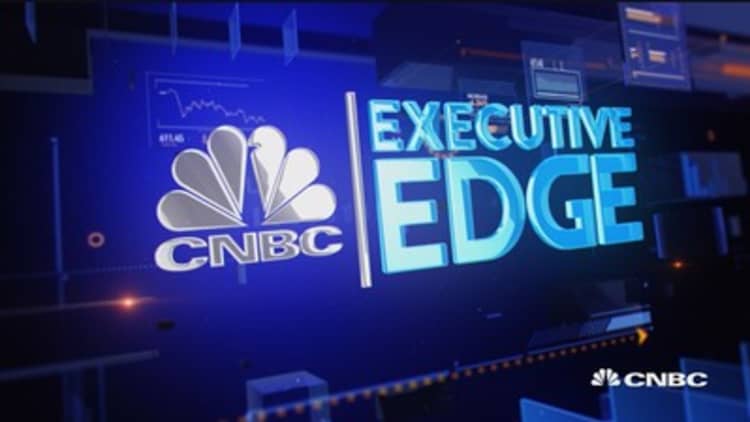
BlackRock, Fidelity Investments and Charles Schwab have been aggressively courting investors who are searching for rock-bottom prices for funds that track the market.
BlackRock, the world's largest asset manager, announced October 5 that it cut the expenses for 15 of its iShares exchange-traded funds. (See table below.)
Fidelity on Wednesday said it will waive commissions on those BlackRock ETFs. The move comes after Fidelity reduced expenses on 27 equity and bond index funds and ETFs in June.
"We want customers to receive the best value possible, whether that means offering a Fidelity solution or one from a third-party leader," said Ram Subramaniam, president of Fidelity Brokerage Services, in a statement.
BlackRock officials acknowledge that these moves are being made in part because of the Department of Labor rule requiring financial advisors to act as fiduciaries for their clients. The rule, which takes effect beginning on April 10, 2017, has increased demand for low-cost investments.
Schwab has already responded to BlackRock's price cut. It trimmed expenses on four stock ETFs and one bond fund. The total savings to investors in each fund would be one cent for every $100 invested in the fund. (See table below.)
"Schwab has gained market share in the past couple of years in part by being a low-cost provider of market-cap weighted equity and fixed income ETFs," said Todd Rosenbluth, director of ETF and mutual fund research at New York-based CFRA.
The current price war may not add up to much for most investors.
"Lower fees are unequivocally good for investors," said Ben Johnson, global director of ETF Research at Morningstar. "That said, the incremental savings are often de minimis at this point."
Take an index investor with $10,000. That person would now pay $4 per year in fees to own the iShares Core S&P 500 ETF instead of $7 annually.
Meanwhile, that investor with $10,000 would pay $4.50 in annual fees with the premium share class of the Fidelity 500 index fund, which has an investment minimum of $10,000, or $5 per year in the Vanguard 500 ETF. All of these funds track the same index: the S&P 500.
"These fee cuts may actually move the needle more for fund sponsors, who stand to win market share, than they might for investors, who may or may not be able to save a few bucks on fees," Johnson said.
I think investors should look beyond the expense ratio. The underlying index matters.Todd Rosenbluthdirector of ETF and mutual fund research at CFRA
Fees shouldn't be the only concern for investors when selecting an index fund, Rosenbluth said.
"I think investors should look beyond the expense ratio," Rosenbluth said. "The underlying index matters."
For example, iShares Core Dividend Growth and SPDR S&P Dividend both invest in dividend-paying stocks, but track different indexes. As a result, the iShares fund is up 5.9 percent this year while the SPDR fund is up 11.6 percent.
Poor performance by actively managed funds has caused more investors to move money into passively managed index funds this year.
A majority of actively managed funds across all asset classes failed to beat their passively managed counterparts over a 10-year period through June 30, according to a Morningstar analysis.
Lower fees from index funds are part of the reason investors are ditching actively managed funds. Last year the asset-weighted average expense ratio for passive funds was 0.18 percent, compared with 0.78 percent for active funds, according to Morningstar.
Fees for the most popular passively managed funds will continue to gradually decline as they gather more assets, Rosenbluth said.
Labor Department rules
"We think asset managers will continue to bring costs down to appeal to investors both ahead of the DOL implementation and as more investors seek out passive strategies," Rosenbluth said.
Morningstar's Johnson said fund sponsors will continue to remove "baggage" from their existing funds, reducing sales charges and eliminating so-called 12b-1 fees from their share classes, in response to the fiduciary rule.
"This movement has been afoot for some time," Johnson said. "I expect that firms' last resort will be to cut management fees — which haven't budged much on average."
Update: This story has been updated to include reactions from Fidelity and Schwab to BlackRock's ETF price cuts.


